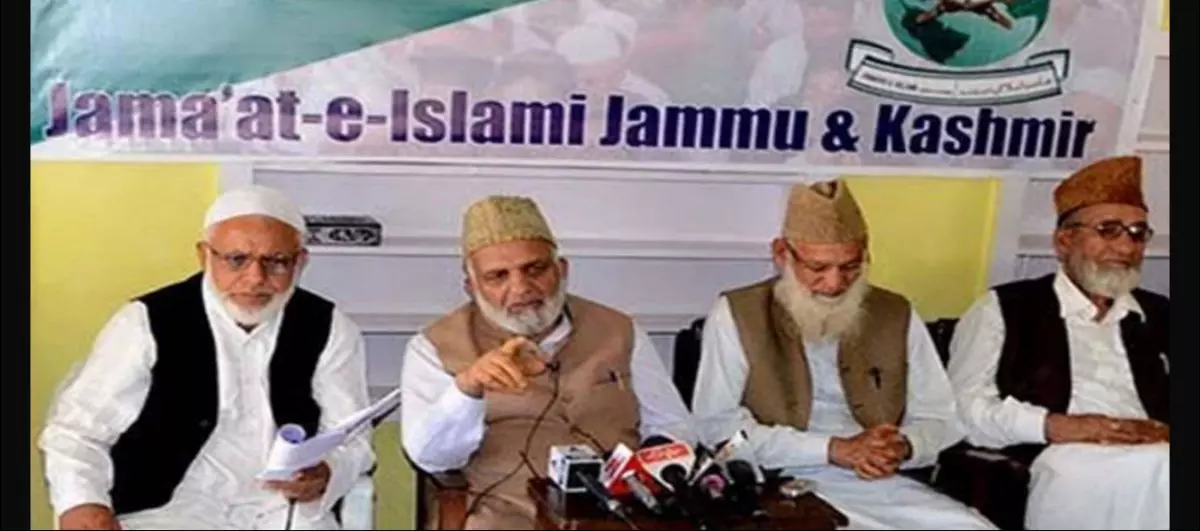
Jamaat-e-Islami J&K willing to integrate into Indian political system if ban revoked
text_fieldsThe banned Jamaat-e-Islami Jammu and Kashmir (JIJK), the socio-political outfit, has expressed its willingness to participate in the electoral process on the condition that the ban be lifted.
However, a statement that has been circulating on social media on behalf of the organization claimed that the expression of willingness is a personal opinion of the former JIJK chief Ghulam Qadir Wani, who claimed that it was a decision taken by its Majlis-e-Shoura during a press meet, The Wire report said.
This development marks a significant shift in the group's stance, suggesting a potential reintegration into mainstream Indian politics. JIJK (not part of the Indian outfit Jama'at-e Islami Hind) was banned under the UAPA on February 28, 2019, following the Pulwama suicide attack that resulted in the deaths of over 40 Central Reserve Police Force personnel.
However, a counter-statement on social media, purportedly from JIJK's spokesperson, contested Wani's claims, suggesting his statements were personal opinions rather than decisions taken by the group.
Wani's announcement coincides with the visit of Union Home Minister Amit Shah to Srinagar amid the ongoing Lok Sabha elections. There are unverified reports that some JIJK leaders might meet with Shah during his visit.
Former Jammu and Kashmir Chief Minister Omar Abdullah has welcomed the possibility of JIJK's participation in the assembly elections, urging the central government to consider lifting the ban.
The ban on JIJK in 2019 severely impacted the organization's operations, leading to raids, arrests, and the closure of schools run by the group. Property worth hundreds of crores was also seized under the anti-terror law. More than 300 members, including top leaders, were detained following the ban.
The government justified these actions by citing JIJK's historical advocacy for resolving the Kashmir issue as per UN resolutions and its alleged ideological ties with militant groups like Hizbul Mujahideen.
From 1965 to 1987, the group contested elections under the Indian Constitution, achieving notable success in the 1972 assembly elections. However, its involvement in the controversial 1987 elections, which were marred by allegations of rigging, led to significant political unrest and contributed to the rise of militancy in the region.
In recent years, there have been efforts to integrate JIJK into the political mainstream. Altaf Bukhari, president of the BJP-aligned J&K Apni Party, has made overtures to JIJK leaders, suggesting a shift towards political engagement. Despite these efforts, the extension of JIJK's ban for another five years in February 2024 indicates ongoing resistance from the central government.






















